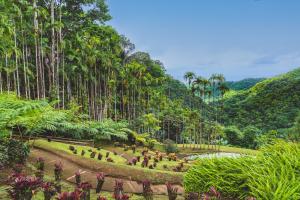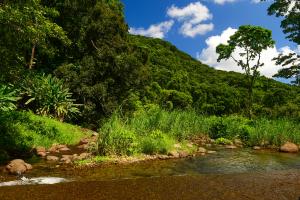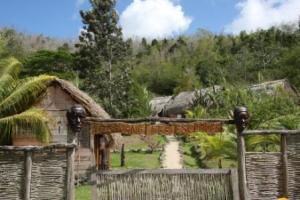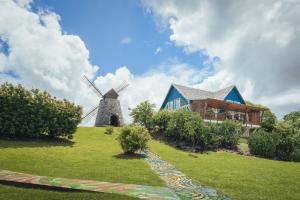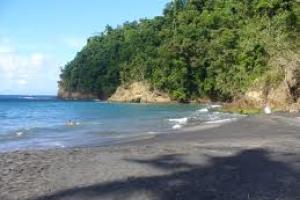
- Cruise
- Travel agency and TO
- Press
- MICE
- Blog
Martinique
Getting to Martinique from Your City
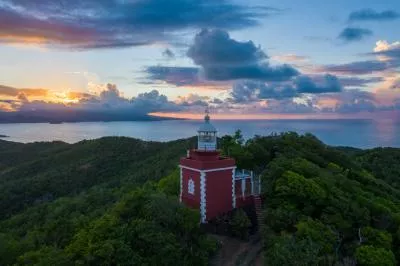
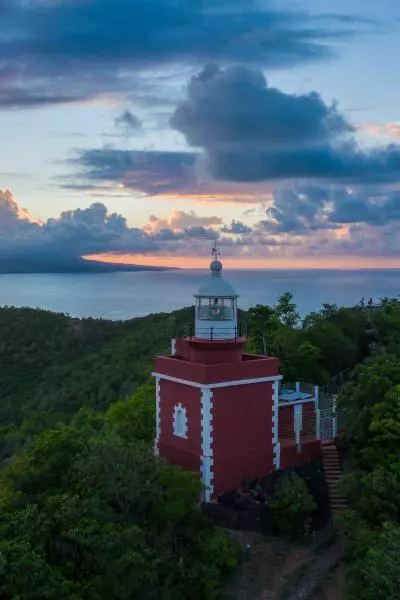
Measuring 80 kilometers long from north to south and 39 kilometers wide at the widest point, it boasts a spectacular variety of natural scenery that is absolutely every traveler’s dream.
Getting to Martinique is very simple by air from Europe, Canada, the US and the Caribbean. It is also possible to come by sea to Martinique from other Caribbean islands.
Arriving from Mainland France
Travelers arriving from mainland France are only required to present a national identity card.
However, if your flight requires you to transit through another country, you will need to have a valid passport.
Arriving from the Rest of the World
Outside of France and the Overseas Territories, Martinique’s entry requirements for visitors arriving for a short-term stay (not exceeding three months) are as follows:
- Residents of the European Union, the European Economic Area (EEA), Andorra, Monaco and Switzerland require an identity card.
- Martinique is not part of the Schengen area, therefore holders of a Schengen visa must obtain the DOM Visa Extension for overseas departments.
- US and Canadian citizens can enter Martinique without a visa, for stays of up to three months, as long as they have a valid passport.
- For our dear neighbors from Saint Lucia and Dominica, a visa is required for those wishing to stay in Martinique for more than 15 days.
- For all arrivals from the following destinations, a valid passport is sufficient: Argentina, Australia, Bulgaria, Brunei, Canada, Chile, Costa Rica, Croatia, El Salvador, Guatemala, Honduras, Japan, Malta, Mexico, New Zealand, Nicaragua, Panama, Paraguay, San Marino, South Korea, Singapore, Uruguay, United States, Vatican City, Venezuela.
If your country of departure is not on this list, you will require a visa to enter Martinique.
Another important thing to know: You must be in possession of a return ticket upon arrival and be able to show proof of this at the airport.
COVID rules
The rules previously applying to travelers to France no longer apply as of August 1, 2022. You therefore have no COVID-19 related formalities to worry about.
Vaccinations
There are no compulsory vaccinations for entering Martinique. However, several are recommended:
- Hepatitis A: One injection two weeks before departure, from the age of one for children.
- Yellow fever: This may be required for travelers arriving from countries where the disease is present (i.e. South America – Guyana, Venezuela, Brazil, Colombia, Ecuador, Argentina, Paraguay, Bolivia and Peru – and Sub-Saharan Africa). Yellow fever vaccination is not mandatory for travelers arriving from Europe or the United States.
Aquatic Activities in Martinique
Marine biodiversity is fragile and requires the utmost vigilance from all.
Keep these few rules in mind to avoid disturbing this invaluable and rich ecosystem:
- Rules for whale and dolphin watching: When observing dolphins and whales (including sperm whales), it is not permitted to approach within a 300 meter radius of the animal.
- Rules for observing sea turtles: Sea turtles are protected and an intrusive presence of swimmers and divers could affect their health or cause them to abandon their territory. It is therefore preferable to observe them calmly at the surface and not touch them or follow them. If you encounter a wounded, dead or beached turtle, please contact Réseau Tortues Marines on +596 696 234 235.
Fishing Zones :
- Fishing is prohibited in the three following areas:
- The cantonment of Ilet Ramier (common to the municipalities of Anses-d’Arlet and Les Trois Ilets)
- The cantonment of Baie du Trésor (municipality of La Trinité)
- The cantonment of Case-Pilote
NB: The capture of marine animals and the harvesting of any living or dead marine organisms from the animal or plant world is strictly prohibited.
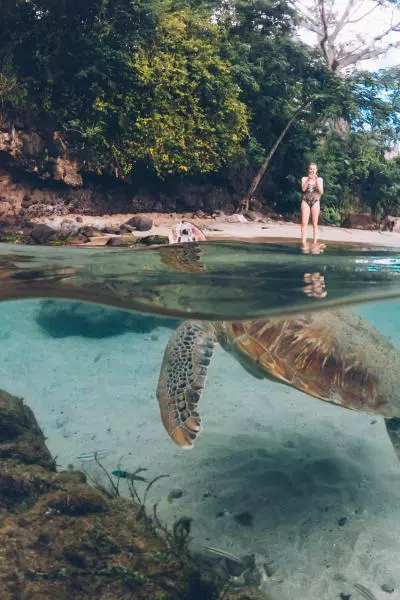
Hiking in Martinique
In Martinique, you will definitely be amazed by the hiking opportunities.
Our island enjoys a very rich ecosystem with hugely diverse scenery that you can discover along 180 kilometers of marked trails.
Before setting out on an adventurous trip, we have a few bits of advice:
- No matter how strong the call of adventure, never set out hiking alone.
- Make sure to hydrate yourself properly. Every hiker should have their own water bottle and carry enough water to drink.
- The sun is unforgiving in Martinique. Your adventure gear should include a sun hat, a long-sleeved top, sunscreen and sunglasses.
- After heavy rains, hiking on some paths is unadvised. For safety, check before setting off.
- Taking IGN maps and hiking guides with you is essential. Remember to always have paper versions in your rucksack, in case you are out of battery on your phone.
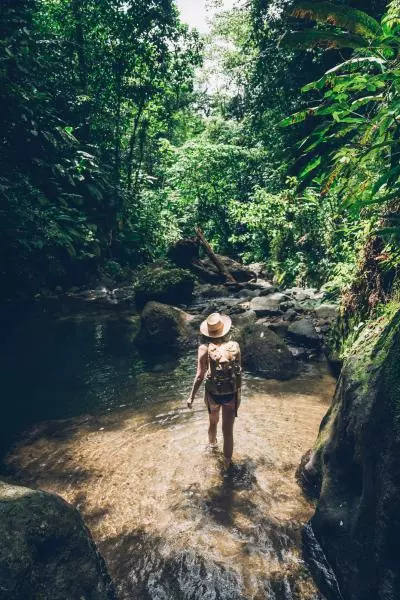
FAQ
Some practical information to discover the treasures and 1001 beauties of our island in the respect of all.
Welcome to Martinique!
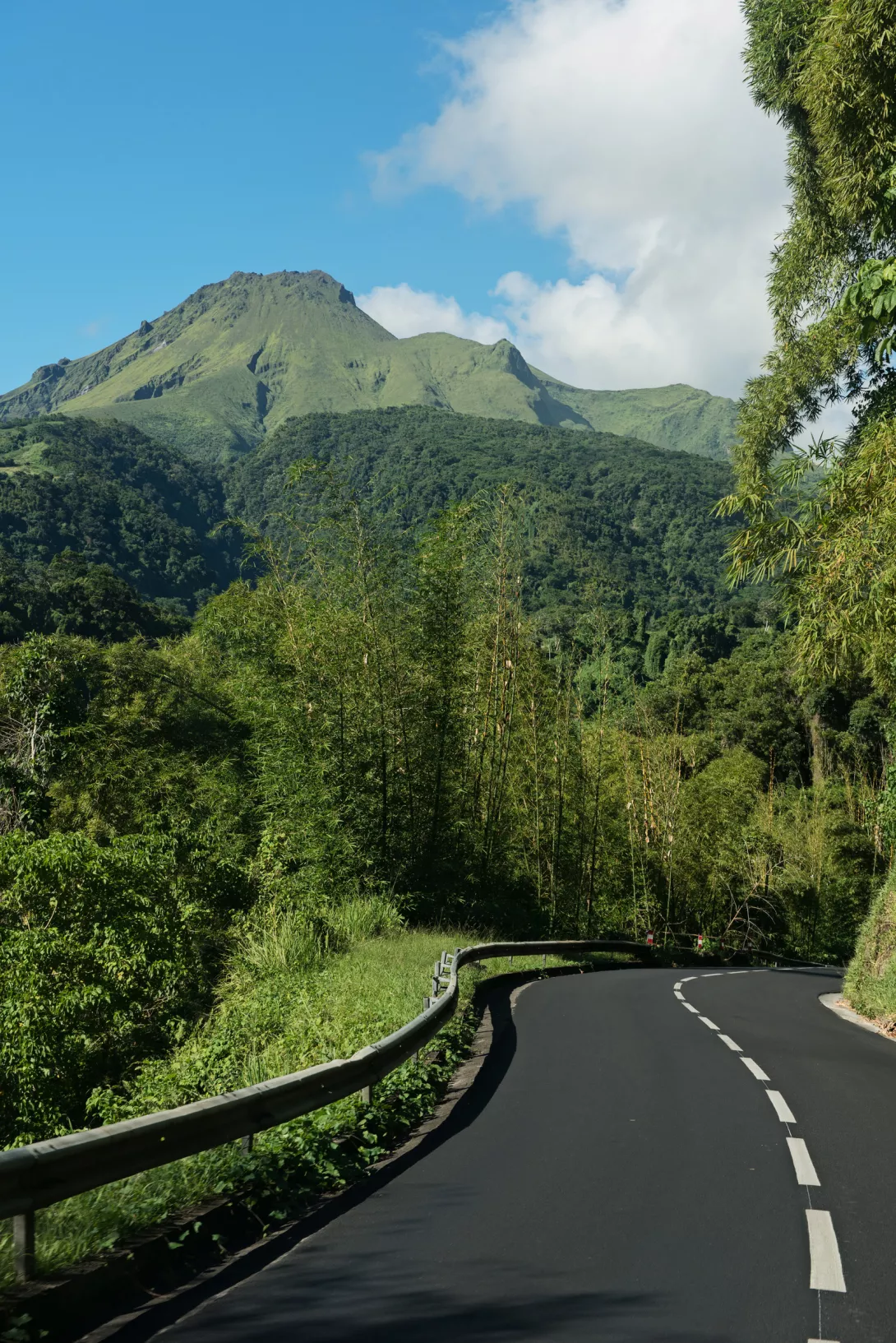
As using public transport can be restrictive and limit your freedom to explore, you will no doubt be using a car to get around. Rest assured, Martinique is a French department and so the driving rules are quite similar to those in mainland Europe. Note that special speed limitations may apply in hilly areas of the island. Hitch-hiking is also quite common and you will have no trouble getting around the island in this way.
To drive on the island, you just need a driving license and to be at least 18. However, most rental agencies will only rent vehicles to people aged 21 years and older and who have held a driving license for at least a year.
When at the wheel, vigilance is key.
Driving at night is more challenging as roads are often winding and unlit. After nightfall, we recommend using shuttle buses or calling a taxi if you feel uncomfortable driving a car.
Rum, spices, coffee, perfume, textiles, seashells... You’ll no doubt want to take a little souvenir of this paradise home. However, for ethical and sanitary reasons, you cannot take everything you want home in your suitcase.
In terms of local products, there are no special restrictions. Plants, shells and any other living organisms, on the other hand, must be left in their natural habitat.
Martinique benefits from a tropical climate and welcomes you all year round.
- From January to April: the dry season will allow you to enjoy 100% sunny weather with little precipitation and temperatures between 28° and 30°. The driest month remains March. This is also the period when the island experiences the highest influx.
- May-June: a calmer period if you want to be alone on the beaches and enjoy the sun and the 28°C!
- From June to December: Martinique is summer all year round! And yes, the weather is also beautiful from June to November with temperatures that are still just as hot!
Martinique is in the America/Martinique time zone.
Martinique is a low-risk travel region.
The temperature of the sea varies between 27°C and 30°C / 80.6°F - 86°F. Ready for a nice dip?
- You come from mainland France: you can call without difficulty. Additional charges may be issued by your mobile operator.
- You are foreigners (Canada, USA, International): you must enter the country code you wish to contact. For example: +1 248 123 765 4
Sharks are present in the Caribbean Sea, but no attacks have been recorded in Martinique and they do not come close to the coast.
The cyclone season runs from June to the end of November. There is no reason to worry, though. Simply keep an eye out for weather warnings.
In Martinique, the weather is always good. But if you want dream weather right throughout your stay, the best time to come is still October to June.
It may also interest
you.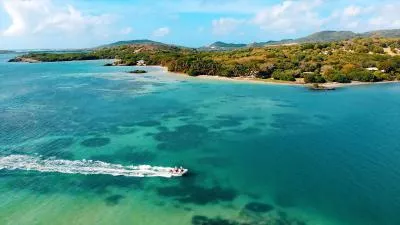
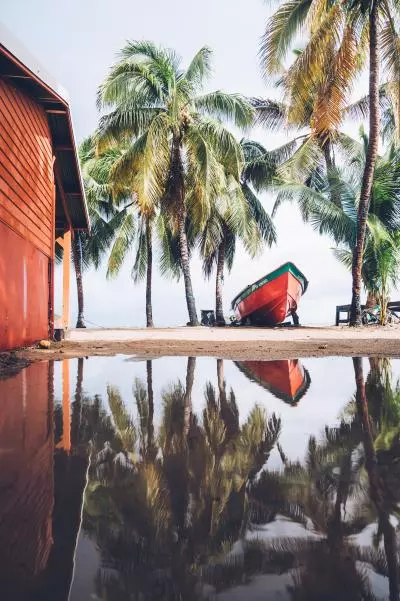
exceptional
